Spring iPhone sales slip to lowest activation share in years
The iPhone's slice of the smartphone activation pie has shrunk to its smallest size in six years, marking a concerning trend for Apple as it grapples with the longest gap yet between its iPhone releases.
The latest data reveals that the iPhone now accounts for only one-third of all new smartphone activations in the US, a significant decline from its 40% share over the past year, as noted by Consumer Intelligence Research Partners (CIRP).
Apple's once-dominant position in the smartphone market is now under threat as it faces fierce competition from Android devices, which now hold a commanding two-thirds share of new activations. The shift in market dynamics mirrors the situation six years ago when iOS and Android pushed out competitors like Blackberry and Windows.
Several factors contribute to the activation decline. As smartphone prices have soared, so has their durability, encouraging users to hold onto their devices longer.
The evolution from two-year subsidized purchase contracts to more transparent buying plans has also played a role, allowing consumers to postpone upgrades.
The extended lifecycle of smartphones has primarily impacted Apple since it has traditionally relied on frequent upgrades to boost sales. The current slowdown in sales activation share is a critical indicator of changing consumer behavior in the smartphone market.
People are becoming less inclined to upgrade devices as quickly as before, possibly waiting for more substantial updates or shifts in technology. Whether this trend represents a temporary hiccup or a long-term change in consumer purchasing behavior remains a question.
 Andrew Orr
Andrew Orr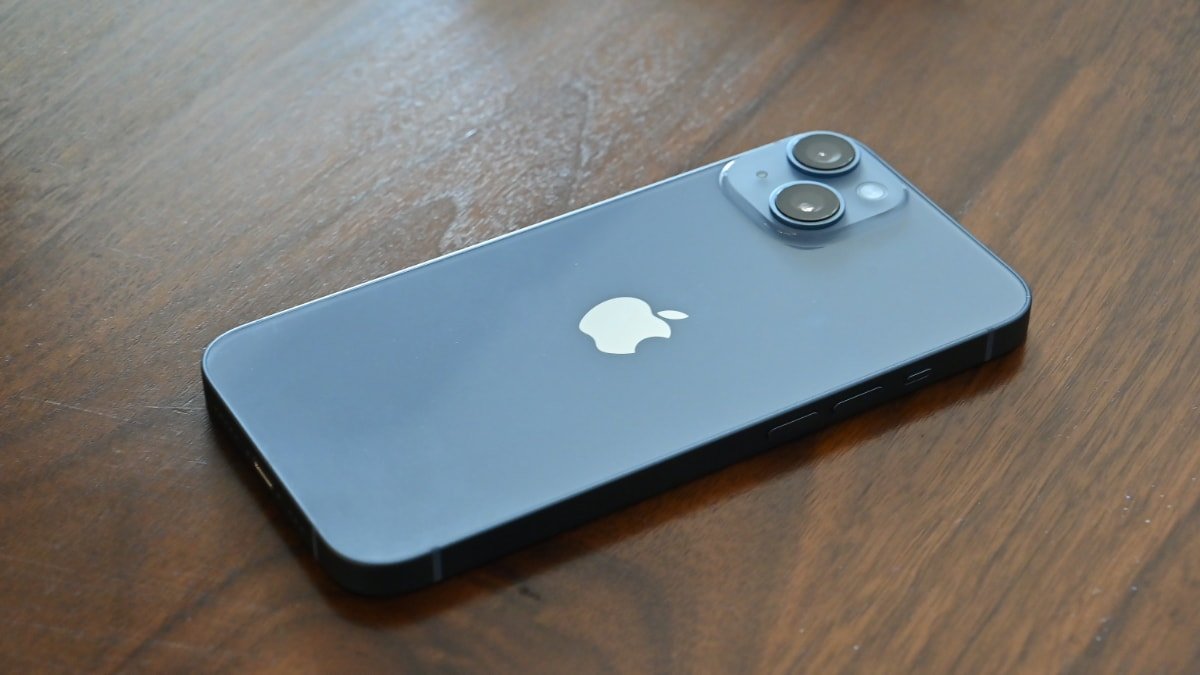
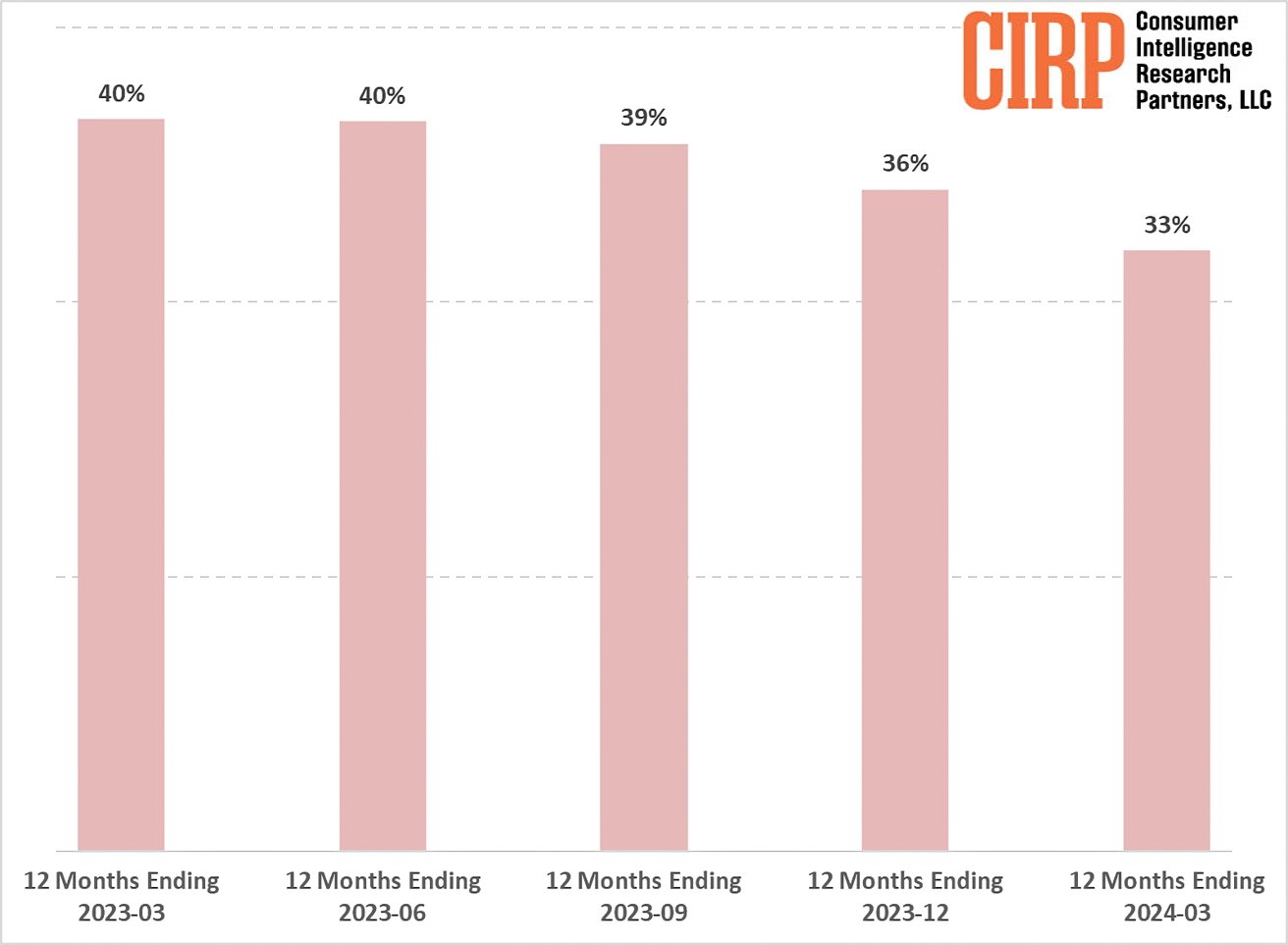
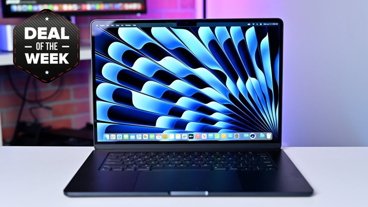












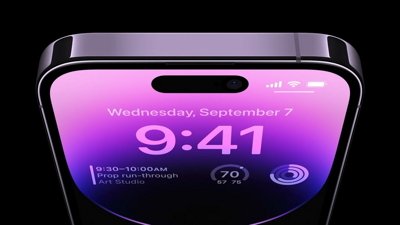
 Charles Martin
Charles Martin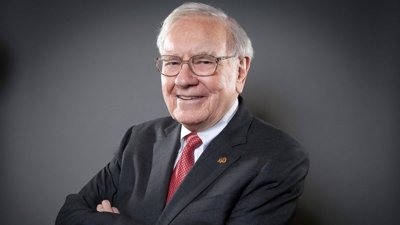
 William Gallagher
William Gallagher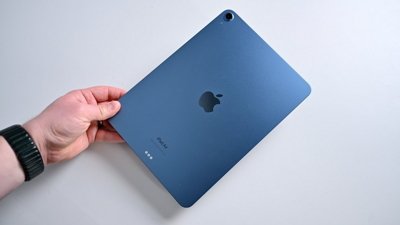

 Malcolm Owen
Malcolm Owen
 Christine McKee
Christine McKee
 Chip Loder
Chip Loder

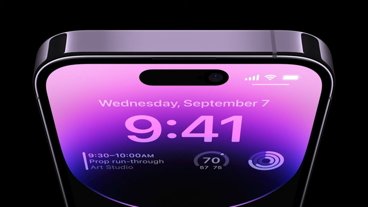
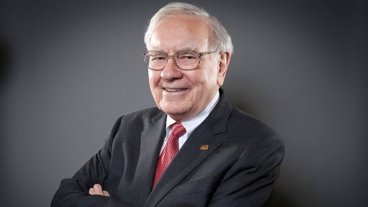






9 Comments
This is likely the result of Android users cycling through phones more often
The best metric is the percentage of smartphone users who use Apple - the installed base
Can we please stop paying attention to analysts & research firms like these? They sound like rabid dogs, foaming at their mouths, barking for more growth, more profits, more money. Destroy the company, is fine by them, as long as the figures go up next quarter
Like the man said, "It's the economy stupid" credit cards are maxes out, no funds to get that new iPhone.
I think that lots of folks are just holding on to their iPhones longer. I got a $1K rebate on my iPhone 14 Pro Max through AT&T. The catch of course is that you get the rebates back on a monthly basis. That’s fine with me. Getting a $1600 phone for only $600 by keeping it three years is fine with me. I may purchase an iPhone 17 next year, but then again I may just hold onto the 14. It will be paid off completely, and honestly should be still quite useful.
For a while I was getting a new iPhone every year through the Apple upgrade program. I skipped that in 2022 and then got a new phone in 2023.
The fact is that iPhones don't age that much in performance over a span of 2 years so there isn't much incentive to refresh every year.
Plenty of people hold onto them for years because they last so long.
I would like to see numbers on customer loyalties and how many people switch from iPhone to Android and vice versa.